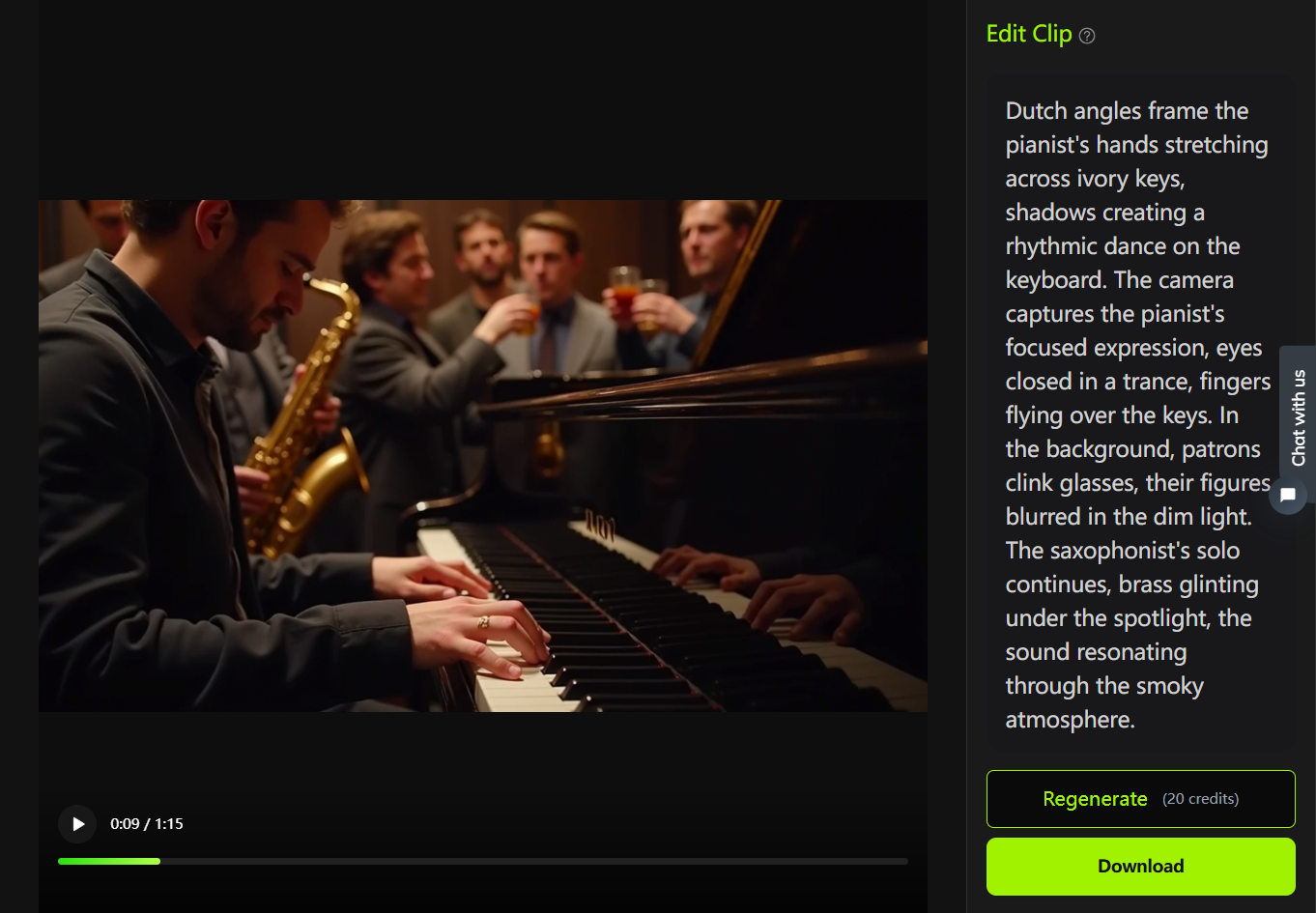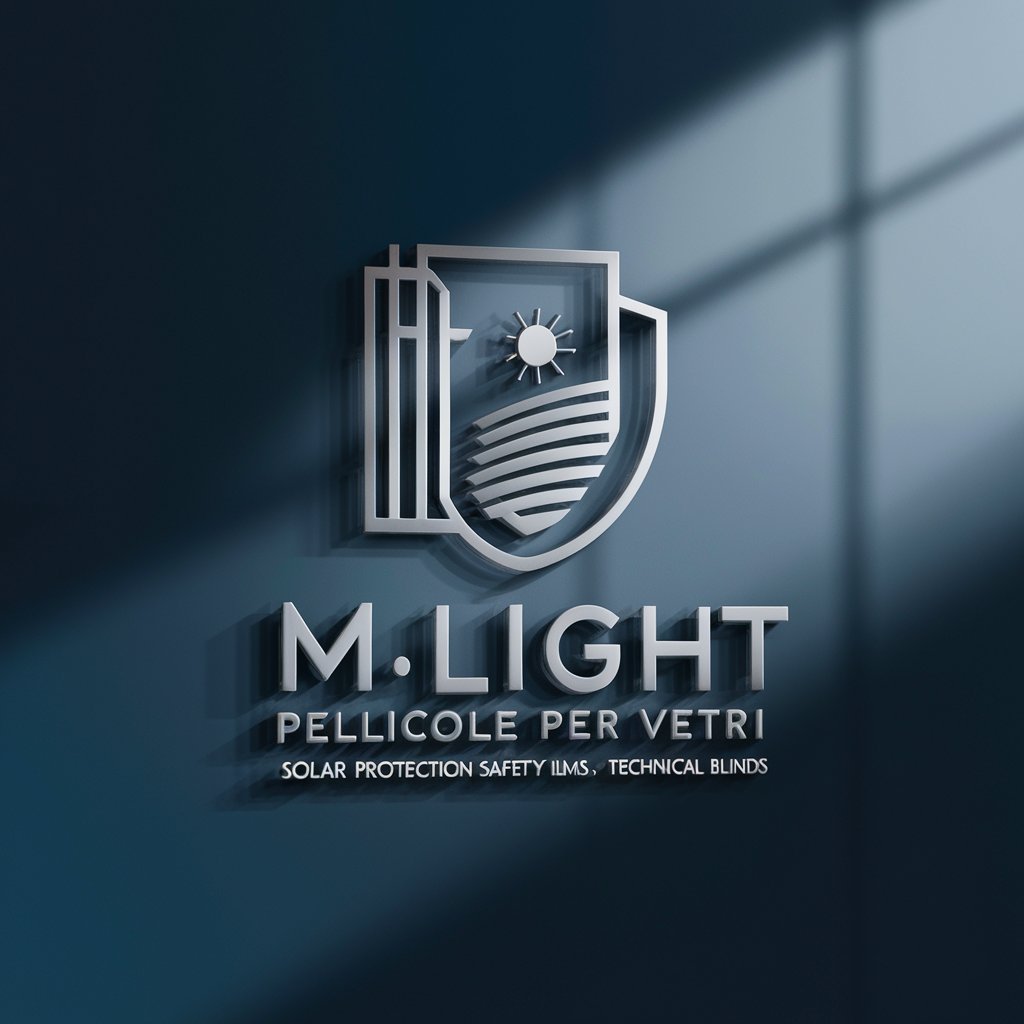
Window Tinting for Home and Office - Window Tinting Advice

Welcome! How can I assist you with your window tinting needs today?
Enhance your space with AI-powered window tinting guidance.
What are your primary goals for window tinting in your home or office?
Are you looking for a specific type of window film, such as privacy, security, or UV protection?
Do you have any particular concerns or issues with your current windows that tinting could address?
Can you describe the style and design of your building to help match the best window tinting options?
Get Embed Code
Introduction to Window Tinting for Home and Office
Window tinting for home and office involves applying a thin film to the interior or exterior of glass windows and doors. This film can be made from various materials, including polyester, ceramic, and metallic elements, each designed to offer specific benefits. The primary purpose of window tinting is to reduce incoming heat, block UV rays, provide privacy, and enhance aesthetic appeal. For example, a homeowner might apply a reflective tint to their south-facing windows to reduce cooling costs in the summer, while an office might use a frosted film to increase privacy in glass-walled meeting rooms. Powered by ChatGPT-4o。

Main Functions of Window Tinting
Heat Reduction
Example
Solar control tints
Scenario
In hot climates, solar control tints can reflect a significant portion of solar energy, reducing the need for air conditioning and saving on energy bills.
UV Protection
Example
UV blocking films
Scenario
To protect interior furnishings, artworks, and fabrics from fading, UV blocking films can filter out up to 99% of UV rays, preserving the interior's appearance.
Privacy
Example
Frosted or mirrored films
Scenario
For homes in crowded areas or offices with glass partitions, frosted or mirrored films provide privacy without sacrificing natural light.
Safety and Security
Example
Safety films
Scenario
Safety films hold shattered glass together in case of breakage, providing an added layer of security against break-ins or accidents.
Aesthetic Enhancement
Example
Decorative films
Scenario
Decorative films are used to add patterns, textures, or colors to glass surfaces, enhancing the visual appeal of the space.
Ideal Users of Window Tinting Services
Homeowners
Homeowners seeking to improve their home's energy efficiency, enhance privacy, protect their furnishings from sun damage, or update their home's aesthetic appeal.
Business Owners and Office Managers
Businesses looking to reduce energy costs, increase employee comfort, enhance building security, and improve the overall appearance of their premises.
Architects and Interior Designers
Professionals who incorporate window tinting into their designs to meet specific aesthetic or functional requirements of a building project.
Health and Educational Institutions
Facilities that require UV protection to safeguard materials and artifacts or need to improve the comfort of their environments for occupants.

How to Use Window Tinting for Home and Office
1
Start by exploring window tinting options online, no need for a subscription or advanced registration.
2
Identify your primary need for window tinting, such as UV protection, privacy, or energy efficiency, to select the most suitable type.
3
Measure your windows accurately to ensure you purchase the right amount of tinting film.
4
Clean the window surfaces thoroughly before applying the tint to ensure it adheres properly and looks professional.
5
Follow the manufacturer’s instructions closely when applying the tint to your windows, using the right tools for a smooth, bubble-free finish.
Try other advanced and practical GPTs
CinemaGPT
Visualize scripts with AI-powered imagery.

Nietzsche GPT
Philosophy Reimagined with AI

Compare Master
Simplify decision-making with AI-driven comparisons.

The IdeaSphere
Igniting Innovation with AI

Markdown Converter
Transform content into Markdown effortlessly.

Multiple Exposure Editing Assistant
Blend photos artistically with AI

KAWAII ME !
Transform photos into 3D kawaii characters.

💼👨⚖️ تصنيف دعاوى ناجز
Empowering Legal Understanding with AI

LuxoMorph Studio
Bringing Photos to Life with AI

The Movie Mood Matcher
Matching Your Mood to Movies with AI

Children's Storyteller - Scribbler
Bringing Stories to Life with AI Imagination

Release Notes Writer
Effortlessly Craft Engaging Release Notes

FAQs on Window Tinting for Home and Office
What are the benefits of window tinting for homes and offices?
Window tinting can reduce glare, provide UV protection, enhance privacy, improve energy efficiency, and add a layer of security.
How long does window tint typically last?
Quality window tint can last up to 10 years or more, depending on the type of film used and exposure to sunlight.
Can window tinting reduce energy costs?
Yes, by blocking a significant amount of solar heat, window tints can help in reducing cooling costs during summer and retaining heat in winter, leading to lower energy bills.
Is window tinting removable?
Yes, window tints can be removed, but it's best to have it done professionally to avoid damage to the window glass.
Can I apply window tint myself?
While DIY kits are available, professional installation is recommended for the best results and to ensure the tint adheres properly without bubbles or creases.






